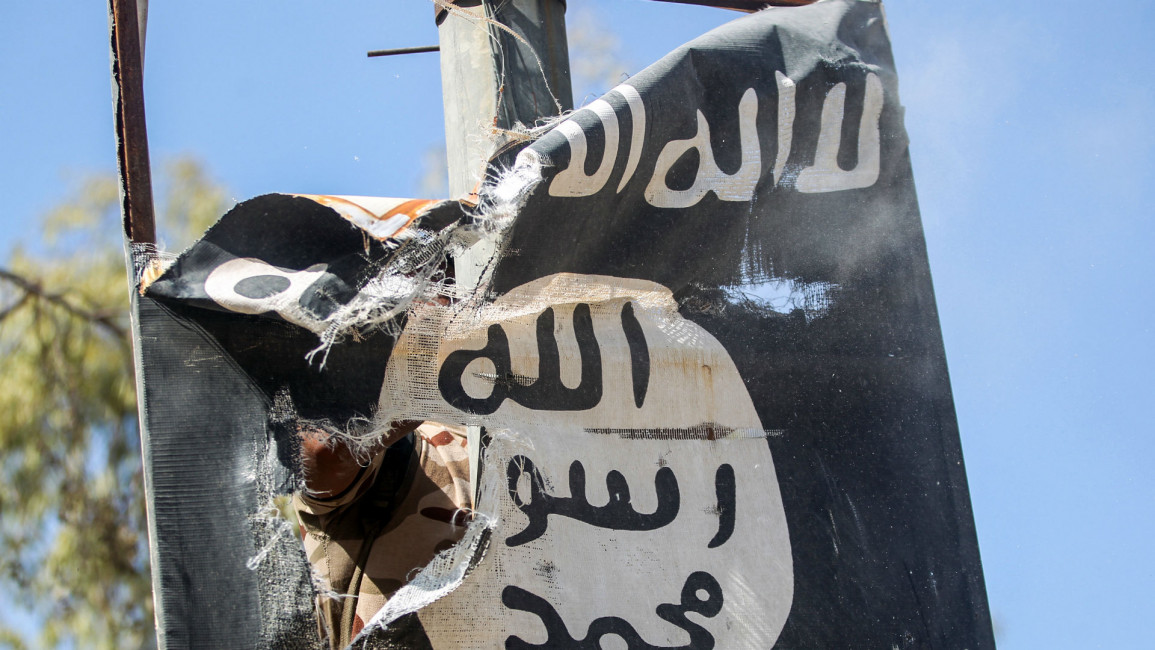Foreign jihadists on death row out of Iraqi govt hands: PM
"We have made no promises to any country to lighten these sentences," Abdel Mahdi said in his first full-length interview with international media.
"The justice system does not allow the Iraqi state to pardon those condemned to death," he said.
It is up to Iraq's court of cassation to examine terrorism-related verdicts and either uphold, amend or scrap them.
Eleven French nationals figure among the non-Iraqis on death row, while three others have been sentenced to life in jail, having been found guilty of belonging to the Islamic State (IS) group.
So far, no executions have been carried out, and a German woman's death sentence was commuted to life in prison on appeal.
In Iraq, "the death sentence is legal - Europe has abolished it, and we respect that position but we differ on it," Abdel Mahdi said in the Thursday interview shared with local television stations.
"We regularly discuss this subject. They defend their interests and those of their citizens and we defend our laws and the interests of our citizens."
He said: "There are discussions: will they be transferred, will they stay here, will they just stay a while in prison?"
Iraq has convicted more than 500 foreign men and women of joining IS since the start of 2018.
In early April, government sources said Iraq had offered to also put on the trial foreign jihadists held in neighbouring Syria in exchange for $2 million for each case, to be paid by their home countries.
Abdel Mahdi said it was "possible" that a number of them could be transferred to Iraq, due to the reluctance of many states to allow their return home.
'IS virus'
Iraq is also due to repatriate about 31,000 of its own nationals - mostly wives and children of suspected jihadists - from Kurdish-run refugee camps in northeast Syria.
But any such operation could only take place "with the utmost attention," Abdel Mahdi said.
Baghdad did "not want to transfer the IS virus to Iraq," where victory was declared over the jihadists at the end of 2017 after a three-year bloody and destructive battle.
Sleeper cells of the Sunni extremist group, however, have kept up hit-and-run attacks in isolated parts of Iraq, targeting government checkpoints, public infrastructure and local officials.
Those repatriated to Iraq are to be housed in transit camps also being used by tens of thousands displaced by conflict.
Iraqi families of jihadist suspects would be held separately in the camps and barred from returning to their homes until security checks have been completed.
The subject often raises hackles among Iraqi politicians, especially Sunnis in the Shia-majority country.
"It's true that the checks are sometimes exaggerated, that they are sometimes used for political ends," acknowledged the Iraqi premier.
Experts and human rights activists warn that such camps, as well as regions of Iraq left devastated by the fight against IS, could breed further radicalisation.
Neglect and the absence of central authorities and basic services were the very factors that contributed to the rise of IS in 2014, they point out.
Follow us on Twitter: @The_NewArab



